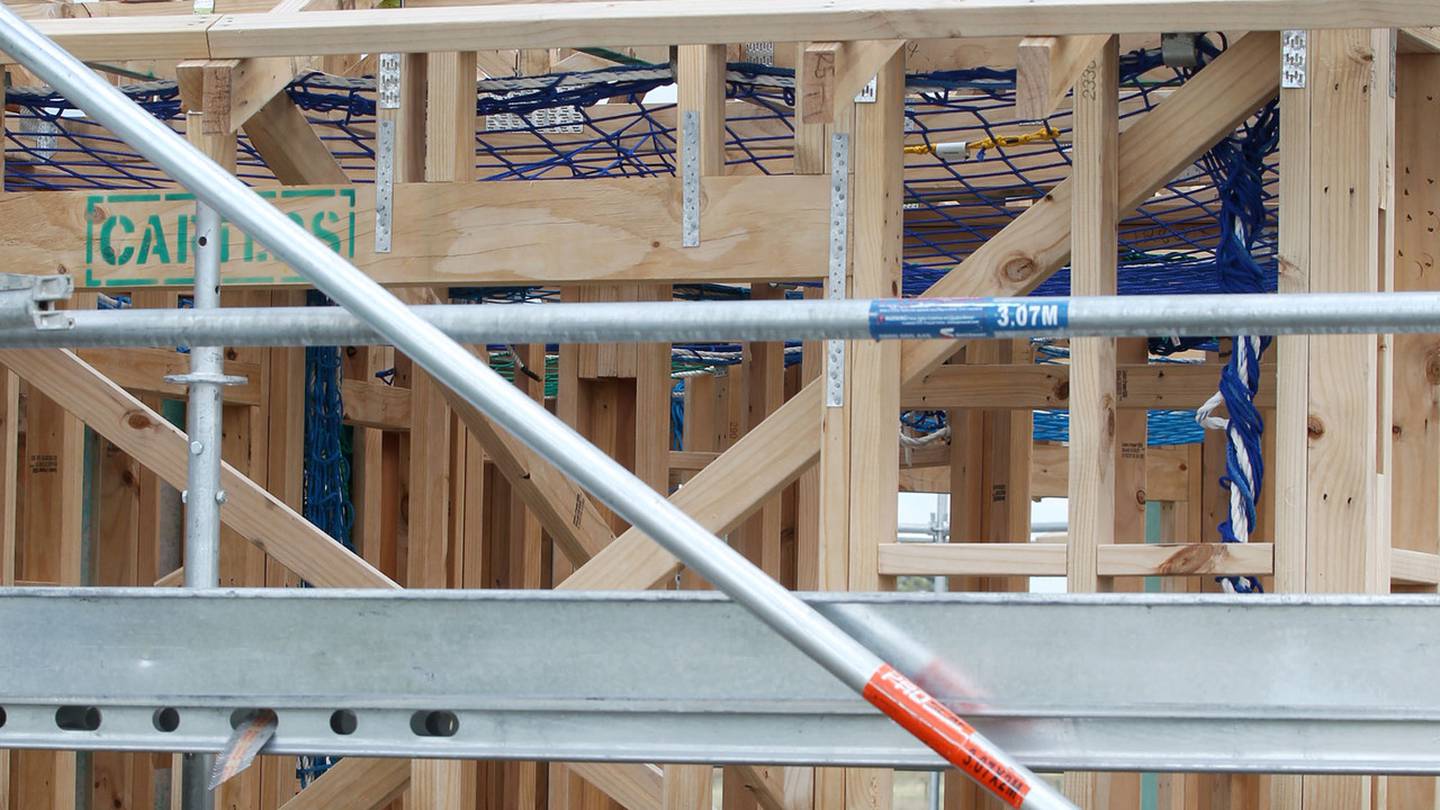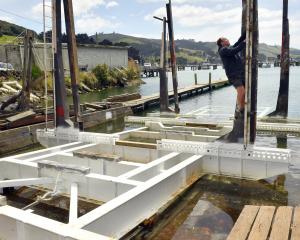The government has announced a plan to make it easier and cheaper for builders to use overseas building products by loosening rules.
Instead, builders could rely on building standards from trusted overseas jurisdictions, Building and Construction Minister Chris Penk announced on Thursday.
He said it was currently about "50 percent more expensive to build a stand-alone house here than in Australia".
The changes announced include:
• Recognising building product standards from trusted overseas jurisdictions, removing the need for designers or builders to verify standards, which is time-consuming and costly.
• Requiring building consent authorities to accept the use of products that comply with specific overseas standards that are equivalent to or higher than those in New Zealand.
• Approving the use of building products certified through reputable certification schemes overseas. For example, the approval of one Australian scheme, WaterMark, could immediately provide Kiwis with access to 200,000 products.

While looking at products in Australia was a start, Penk said the government would also look at products from countries that had a good engineering reputation.
"The building consent authorities will have to approve the building project overall. For example, not only that the product is robust and of high quality, but also that it's going to be used in a way that's appropriate."
Comparing New Zealand's population and weather conditions with North America, Prime Minister Christopher Luxon said "great houses are being built in other countries around the world that have equal if not better standards than New Zealand".
The country should not be afraid of importing those international products, he said.
Since 2019, Penk said the cost of building a house in New Zealand had gone up 41 percent.
"This is a major shakeup that will drive down the cost of building without compromising on quality, to make it easier and more affordable for people to build or renovate a home.
"It will also help improve the country's resilience to supply chain disruptions and reduce barriers for Kiwi businesses trying to find alternative approval pathways in New Zealand and export their product overseas," Penk said.
Luxon this week laid out a new "action plan" that includes 36 goals to be achieved by June 30, 2024.
It included releasing a draft plan to ease restrictions on building materials from overseas for public consultation.
In March, the government asked councils to publish their building consent data.
Applications for building consents and code compliance certificates must be completed within 20 days, but Penk had said the sector was telling him that was often not the case.













